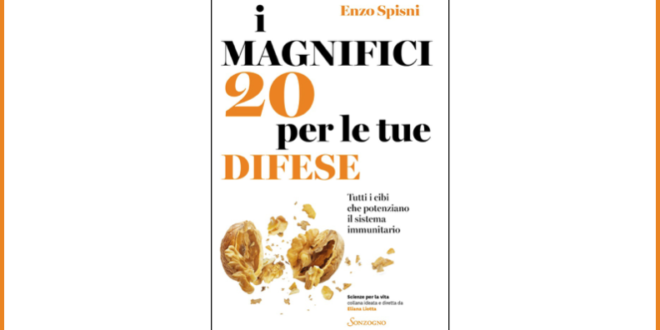The role of nutrition – explains Spisni – is also to regulate intestinal functioning through the microbiota, which can hide some pitfalls. The author compares the functioning of our organism to the traffic of a big city like Rome or Milan, regulated by traffic lights. If the diet becomes deficient or too abundant in certain nutrients, some traffic lights go out and traffic becomes chaotic with a high number of accidents. One of the fundamental tasks of nutrition is to properly nourish the body, including the gut microbiota, and keep it in a positive balance. As the microbiota is ‘almost vegan’ an excess of food of animal origin (as often happens in the Western diet), forces him to an exhausting job by increasing the so-called putrefactive metabolism to dispose of meat and the like. This results in the formation of toxic compounds within the digestive tract and an increase in ‘bad’ bacteria. In the absence of a correct diet for the immune system, a kind of fast track is created for pathogenic bacteria that more easily reach the target organs of our body, paving the way for them.
It seems useful to us to remember almost there are twenty foods ‘magnificent’ of the book: orange, oats, banana, carrot, chicory, dark chocolate, onion, curry, berries, kefir, lemon, pomegranate, honey, walnut, extra virgin olive oil, oily fish, soy, spinach, tea green and black grapes. As you can see, the list also includes foods such as chocolate (dark, at least 80%) and honey. Cocoa, one of the few plant sources of vitamin B12, provides immunonutrients such as iron, copper, selenium, zinc, magnesium, and is considered an anti-inflammatory food thanks to its high content of polyphenols. Honey has also been shown to be effective in lowering various inflammatory indices, thanks to a series of bioactive compounds such as flavonoids and phenolic acids. In the pages of the book, the author often recommends buying mainly organic products, to avoid residues of pesticides and pesticides. This is useful advice but also a choice that not everyone can afford.
